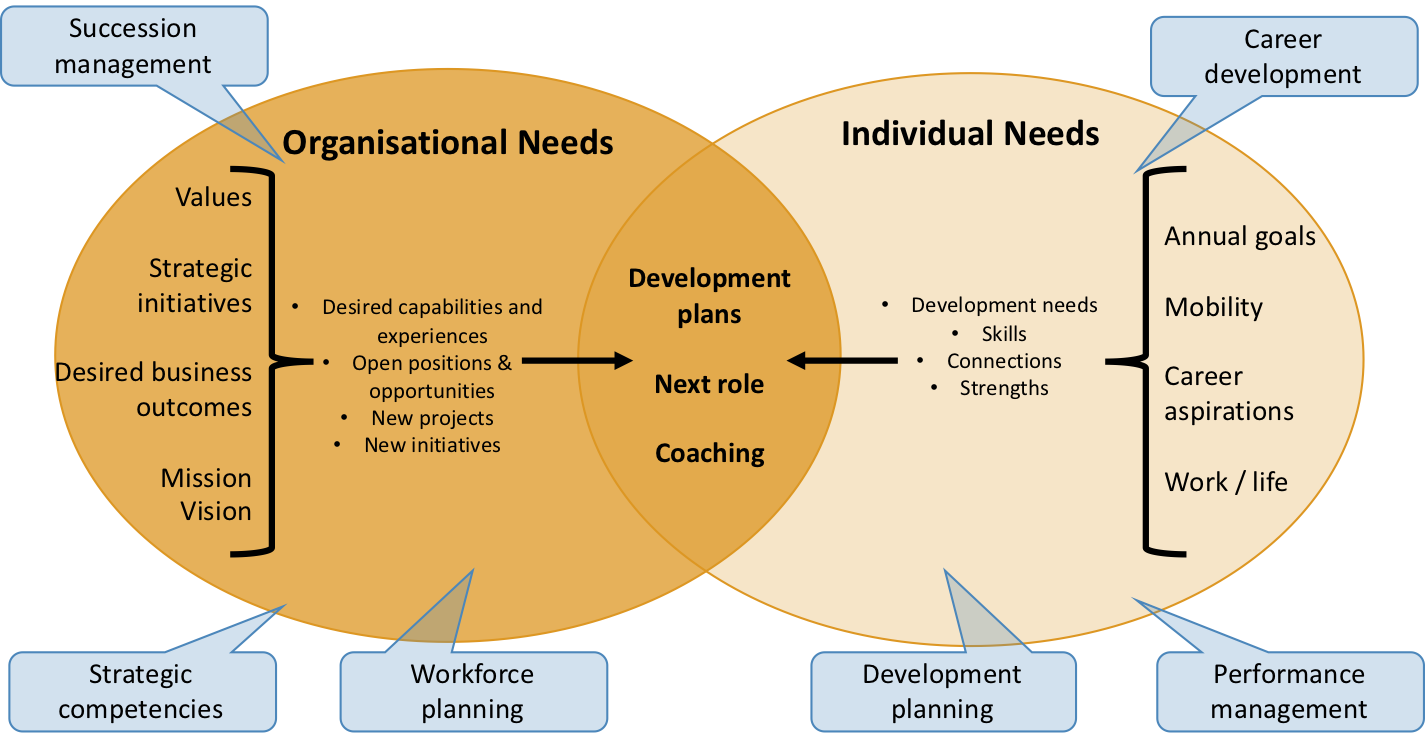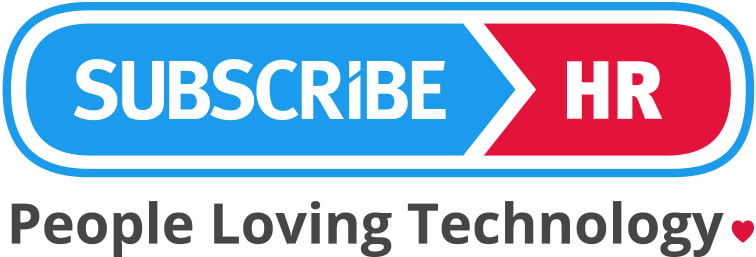As we've already discussed in the previous Blogs in this performance management series, transforming the performance management culture in any organisation can be a challenging undertaking. Especially if your performance management, appraisal and development systems do not support the overall business strategy of the business. You need to implement strategies and leverage HR technology to create business growth based on what your business wants to be, how it wants to be known and how work gets done. Brandon Hall Group's 2018 Research Report 'Effective Performance Management' outlines 5 essential strategies for transforming your culture through the integration of a regular and consistent performance management process, an ongoing development framework coupled with the power of Performance Management technology to facilitate these processes. In reviewing and analysing the research data gathered to produce the report, five key strategies emerged as the essential ingredients every organisation needs to develop and evolve a performance management framework that generates long-term business growth.
Gallup's Top 5 Strategies For Transforming Performance Management to Generate Engagement AND Business Growth
To grow your business in an environment predicated on extraordinary changes in technology, globalisation and overwhelming information flow, you need strategies, systems and processes that inform, engage and inspire. As outlined in the previous Blogs in this series on managing performance, only about 20% of employees 'strongly agree' that their performance is managed in a way that motivates them to do outstanding work. So the impact of the way in which you manage the performance of your employees has an extremely significant effect on engagement, which can then produce multiple flow-on effects that negatively impact profitability and growth
If you recognise the need to transform and evolve how you manage performance in your organisation, the following five strategies could well be your ticket to success.
-
Strategy #1: Take Steps to Align Performance Management with Business Objectives. This may seem obvious, but only 35% of organisations Gallup surveyed said their performance management process is aligned with their organisation’s business objectives.
-
Strategy #2: Ensure Managers Are Equipped to Succeed in The New Era of Consistent, Regular Performance Feedback Conversations and Coaching. The main driver of change in performance management is providing more feedback to employees so they can continue to develop skills and improve their performance. In the traditional system of annual appraisals with minimal (or no) interim reviews, managers had little incentive to provide that type of ongoing feedback or conduct regular catch-ups. But managers cannot be expected to magically become better coaches and mentors or have effective performance conversations simply because the new performance management paradigm requires it.
-
Strategy #3: Fully Leverage Performance Management Technology. As performance management evolves, it is almost impossible to do it well without technology. The amount of data, analysis and instantaneous communications required to connect employees with each other and their managers simply cannot be done manually. All talent-management platforms either have a performance management module or the ability to integrate with dedicated performance management software.
-
Strategy #4: Expand Performance Management to Teams and Hold Individuals Accountable for their Performance in Teams. According to Gallup, team-focused performance management is the next plateau in the evolution of PM. As organisations become flatter, more dispersed and more collaborative, cross-functional teams are increasingly used to complete projects and initiatives that transcend departments and geographies. Team engagement and performance must be evaluated along with individual contributions within those teams. That means assessing individual and team goals in addition to enabling the capacity to measure team engagement in a 360 degree manner. Furthermore, individual team members should be accountable for their performance within teams.
-
Strategy #5: Continue to Evolve Your Performance Management Approach Through Employee Feedback and Measurement. Many organisations clearly perceive a need to revamp their performance management processes, otherwise we would not see the large-scale changes currently taking place. Overall, less than half of organisations are gathering opinions and ideas from their employees on exactly what must be improved. The percentages are significantly better, however, among high-performance organisations and those in which performance management and business objectives are aligned. These organisations understand the importance of regular feedback at both the individual and team levels as a driver of continuous improvement and found a way to make it happen.
If You Only Do One Thing = Coaching for Performance
In relation to strategy #2, Gallup's research indicates that if leadership teams were to prioritise one action that would make a significant difference to managing performance, they need to start by equipping their managers to become coaches. In 'Re-Engineering Performance Management,' the results highlight the necessity of preparing managers to coach in a manner that goes beyond 'telling' managers to coach.
Such preparation requires leaders to:
-
Redefine the roles and expectations of managers,
-
Provide the tools, resources and development necessary to meet those expectations,
-
Create evaluation practices that help managers accurately depict performance, hold employees accountable and coach moving forward.
As discussed in the previous Blog 'From Performance Management to Performance Development,' managers need to learn to conduct the key types of coaching conversations that drive performance and are integrated into a continuous performance development cycle. If you're looking for resources, Gallup’s Coaching Conversations Guide provides managers with a practical framework for how and when to execute the fundamentals of performance development: establish expectations, continually coach and create accountability.
In addition to equipping and expecting managers to coach, leaders need to reconsider whom they hire and promote as managers. Gallup research indicates that having a systematic approach to selecting people with the natural talents to manage AND having a system for training current managers are equally important. Although people can improve their coaching skills through training, some are innately predisposed to become better at coaching than others.

Employees Join Companies, But They Leave Managers - Are Yours up to the Task?
Do the HR Professionals and the Leadership team in your organisation recognise the types of Managers that drive employees to abandon what might otherwise be a great role in a great business? A Gallup poll of more 1 million employed U.S. workers concluded that the No. 1 reason people quit their jobs is a bad boss or immediate supervisor. 75% of workers who voluntarily left their jobs did so because of their bosses and not the position itself. In spite of how good a job may be, people will quit if their reporting relationship is not healthy.
Gallup CEO Jim Clifton has summed up the issue of employee turnover in this succinct sentence: The single biggest decision you make in your job, bigger than all the rest, is who you name Manager. When you name the wrong person Manager, nothing fixes that bad decision. Not compensation, not benefits, nothing.
Companies should hire and promote Managers based on that individual's readiness for that role.
Successful candidates should meet clearly defined requirements for:
-
Innate talent potential,
-
Previous success in coaching others,
-
Appropriate skills development (and other vital experiences).
Tomorrow’s Managers will be responsible for inspiring and engaging a team of outstanding performers; that means traditional methods for hiring and promoting Managers based mainly on experience in an individual contributor role will not ensure coaching potential.
Beyond focusing on the Manager role, your Leadership team also needs a clear understanding of your current performance management processes and the impact of those processes on your organisation’s culture. Because traditional performance management practices focus heavily on the annual performance review where pay and promotions take precedence, cultural norms, misaligned goals, and traditional measurement and evaluation practices have influenced employee behaviour and motivation.
With only 18% of employees strongly agreeing that employees who perform better grow faster at their organisation, the majority of employees do not believe the quality of their work has any bearing on how they are measured, developed or promoted.
Gallup's research clearly indicates that Leaders must tackle this pervasive attitude of demotivation and mistrust by aligning their current performance management practices with the goal of creating a transparent, integrated and equitable system. This understanding can help leaders identify the practices that are impeding performance, measure and incentivise performance, and align their performance management strategy with other organisational strategies, including those they have in place to attract both Employees and customers.
Unfortunately, historical performance management approaches were not built to fulfil the demands of the modern workforce. Many companies have discovered that their traditional system fails to engage employees because workers see the annual performance review as unfairly subjective, and reviews happen too infrequently to help them improve their performance. Hence, business Leaders and HR Professionals alike are seeking an alternative that will meet employees’ demands and motivate them to improve performance.
As Josh Bersin says, this is not about doing away with ratings or annual reviews, (although this might work for a limited number of organisations). However, most organisations do need to improve the way in which performance discussions are orchestrated and progress reviews are conducted. When correctly implemented, performance measurement provides accountability, fairness in evaluation and guidance for how to improve. Employees are looking for their Employers to develop and implement 'a new, ongoing process for goal setting, coaching, evaluation, and feedback.'
Implementing this kind of transformation requires Leaders and HR Professionals to develop an ongoing performance development approach, with Managers who know their employees’ strengths and engagement needs. Managers must then use that information to more effectively establish expectations, continually coach, and create accountability to ensure both individuals and organisations are well-positioned to reach their goals. You also need to have the right Performance Management Software in place to enable you to leverage the efficiencies created by automating your pain points, reducing the administrative burden and optimising the tasks involved in the process. This will FREE your employees up to do what matters, instead of wasting time on the administrative load that was historically generated by cumbersome, manual, annual performance reviews.
Do you need a solution to inspire great performance in your teams?
Image source: Continuous Performance Management – How to make it work by Josh Bersin


